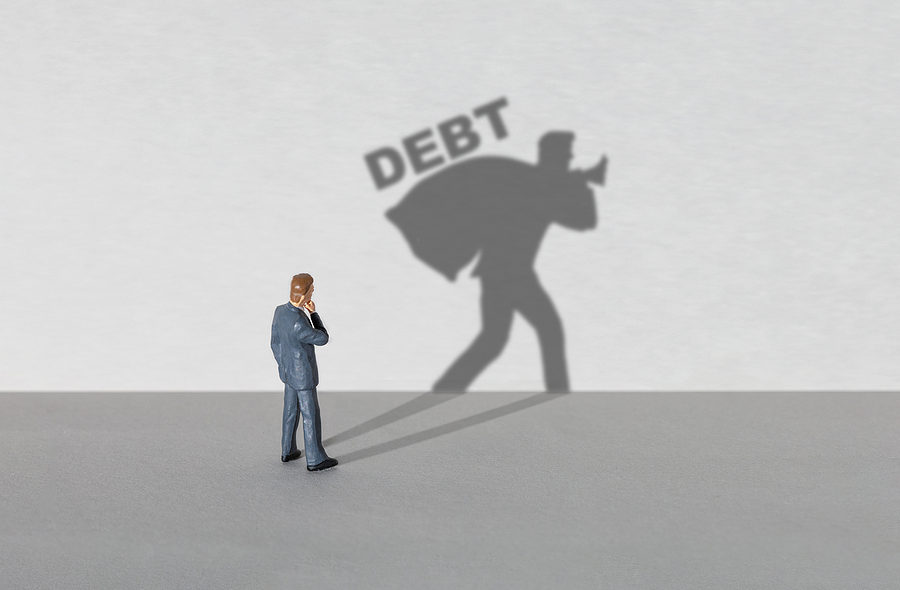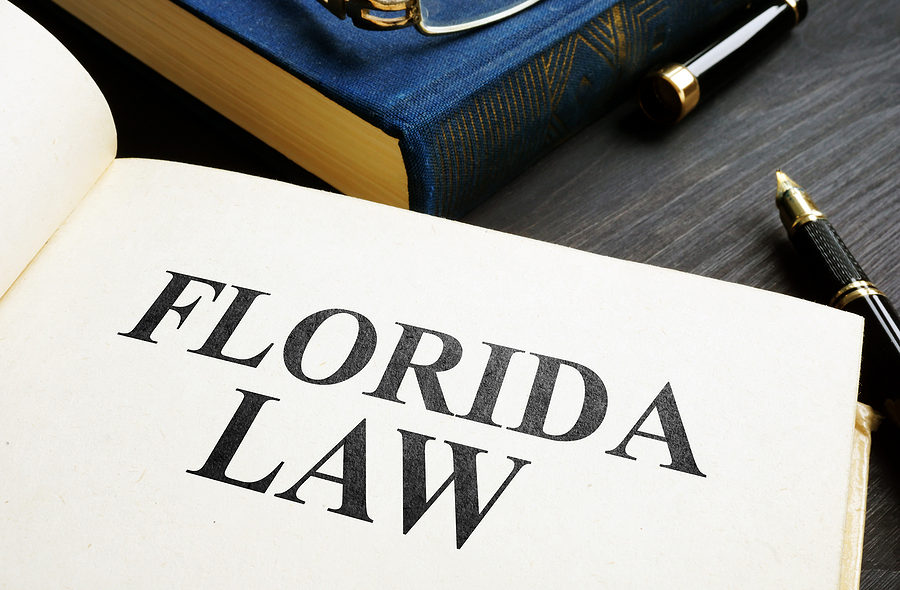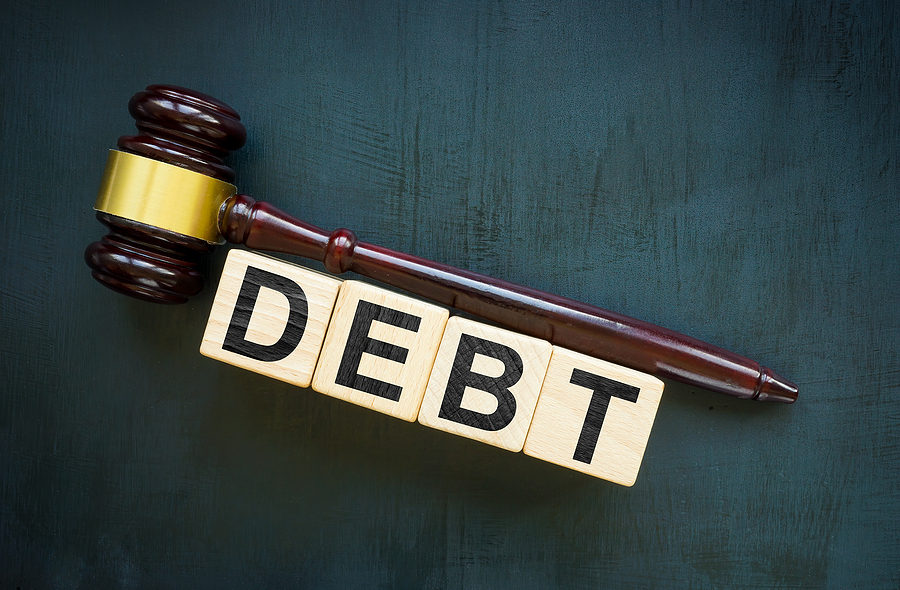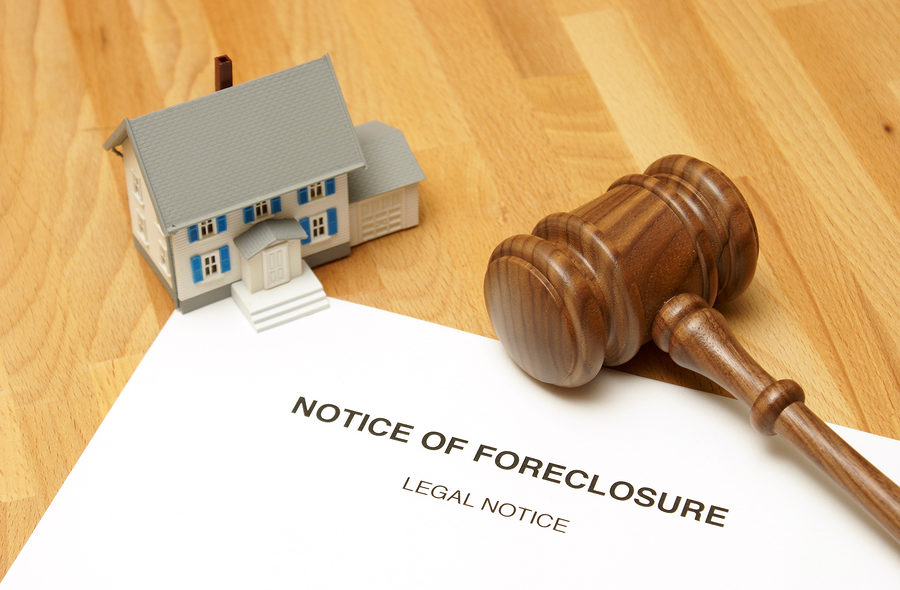Federal student loans often are not enough to cover the costs of attending a university. Many times, student borrowers need to seek additional sources of funding, including private student loans, to pay for the costs not covered by their federal student loans. Borrowers often operate under the misconception that, like federal student loans, these private loans are also not dischargeable in bankruptcy. In fact, many misconceptions exist surrounding private student loans and how they are handled in a consumer bankruptcy case.
One of the biggest of these misconceptions is that private student loans can be discharged in a bankruptcy case. While student loans are harder to discharge in bankruptcy, it is not impossible. With federal student loans, the bankruptcy filer must start a separate adversary proceeding where he or she needs to prove that paying these debts would present an undue hardship. However, private student loans are not always subject to this extra step in a bankruptcy case.










